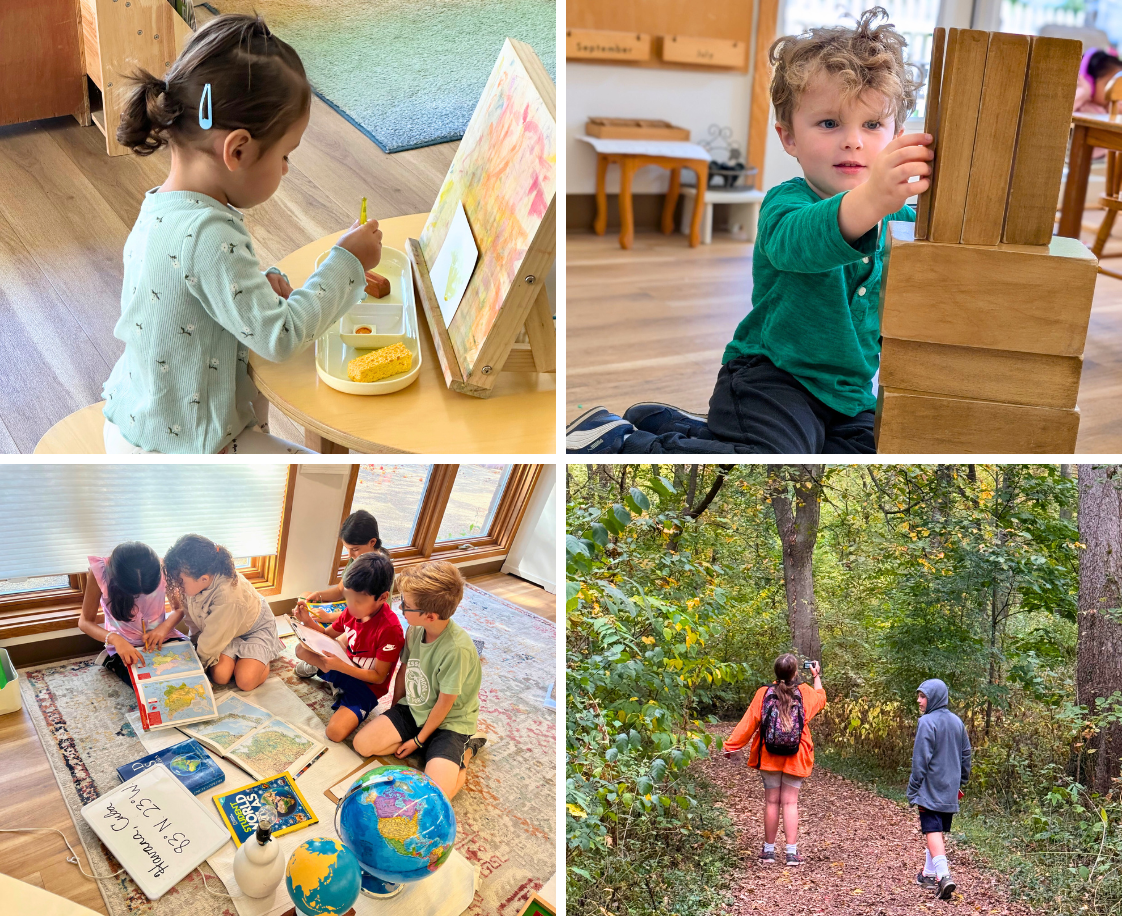 Sean Cullen, Camie Dudziak, and Giovanni Harold, harvest kale. Credit: Angela Morrey
Sean Cullen, Camie Dudziak, and Giovanni Harold, harvest kale. Credit: Angela Morrey
More pictures are featured at Patch
Among the fields of already harvested kale and tomatoes, volunteers picked any leftovers that didn’t make the initial cut. This year they have gleaned 1,200 pounds of food for two local food pantries and a free farmers market.
Nearly three dozen volunteers have worked the fields of the Learning Farm and Sandhill Organics at Prairie Crossing.
On a recent day, three students from the nearby Montessori School of Lake Forest Adolescent Program combed the fields for kale left behind.
“Because of us, someone gets to eat a bit healthier food today,” said 14-year-old Sean Cullen of Gurnee.
The students and other volunteers washed and packed 100 pounds of kale and green tomatoes. This load is going to the free farmers market organized by Trinity AME Church and Manna Garden Initiative.
“It’s only a drop in the bucket,” said Roland Kuhl, who began the gleaning project with help from the Prairie Crossing Learning Farm. “But, it’s something and we know we’re making a difference.”
Kuhl said the fresh produce will go quickly and be distributed entirely within a few hours. Other days the loads are taken to the pantries.
90% of fresh produce at Avon Township’s Food Pantry is from the Prairie Crossing Learning Farm.
The Christian Outreach of Lutherans Food Pantry (COOL) in Waukegan also depends heavily on the gleaned goods.
“We really are so grateful for it,” said COOL Executive Director Diane Thackston. “When you’re on a limited budget you don’t usually spend money on produce. It’s unfortunate it costs more to eat healthy but it is such a treat to get the crops when we do.”
While this year’s crop was down from previous years due to the weather, the volunteers have been able to glean more than three tons of food for local pantries since the project began three years ago.
Gleaning is a Growing Project
The Gleaning project is an extension of Kuhl’s Ten Thousand Gardens, an initiative to help needy families eat and live healthier, and change their lifestyles from depending on processed foods.
Kuhl, the pastor of the North Suburban Mennonite Church in Libertyville wanted to encourage backyard gardeners to share excess produce with local food pantries. He turned to the Prairie Crossing Learning Farm for additional help.
“There is always a lot of produce left in the fields after it is harvested. It’s not worth it for the farmers to get the crops because maybe it is blemished or didn’t grow evenly, but it is still very edible,” explained Eric Carlberg, farm manager at Prairie Crossing Learning Farm.
Before getting into farming, Carlberg worked at a homeless shelter and said he struggled with ways to help people meet their basic needs. He wanted to help people become more self-sufficient.
Now, along with donating excess crops that is gleaned, each week farmers donate leftovers from the Prairie Crossing Farmers Market. In the spring they also distributed 4,500 seedlings, 75 pounds of seed potatoes and 286 seed packets.
Kuhl encourages everyone to help local pantries, even if they only have minimal produce or seedling to donate. “We’re just trying to get the idea across for people to start thinking about their neighbors,” he said. “It’s the right thing to do, and while this area is very wealthy we still have a high poverty rate.”
Kuhl said his goal is to get more farmers involved and more volunteers to glean and distribute the food.
To find out more about Ten Thousand Gardens , visit their website.
To learn about how to help with the gleaning initiative at Prairie Crossing Learning Farm , contact Erin Cummisford at erincummisford@prairiecrossing.org.
The post Food Pantries Benefit from Leftover Crops, MSLF helps appeared first on Montessori School of Lake Forest.



